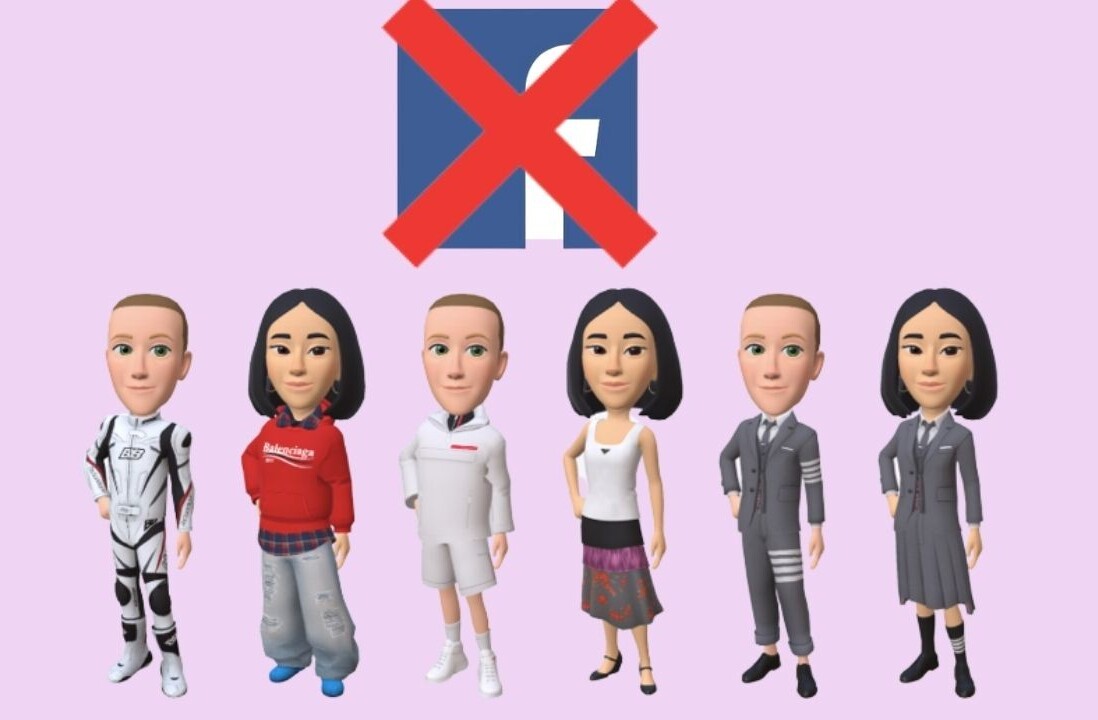
Major Web firms including Facebook, Google, Microsoft Bing and Yahoo, are coming together to permanently enable Internet Protocol version 6 (IPv6) on their products and services by 6 June 2012.
Some of the world’s top digital companies, Internet service providers (ISPs), and home networking equipment manufacturers have committed to a new Internet Protocol (IP) which is being called the “largest transition in the Internet’s history.” It follows on from the World IPv6 Day event held in June last year, which saw many of the same companies band together for a successful global-scale trial of the new Internet Protocol.
The need for IPv6
For the uninitiated IPv6 is the successor to IPv4, which currently directs most of the Internet’s traffic but is fast running out of addresses. IPv4 has approximately four billion IP addresses (the sequence of numbers assigned to each Internet-connected device), and the explosion in the number of people, devices, and services on the Internet means that IPv4 is running out of space.
IPv6 is the next-generation Internet protocol which provides more than 340 trillion, trillion, trillion addresses (a lot, in other words…) and will serve to connect the billions of people not connected today and will help ensure the Internet can continue its current growth rate indefinitely.
IPv6 deployment has been slowly accelerating in some areas around the world, but with the news that Facebook will be permanently enabling IPv6 on its main site in June this year, alongside a whole host of other giants from the digital space, then it’s very much game on for the new protocol.
RT @WorldIPv6Launch: Facebook is joining World IPv6 Launch to permanently enable IPv6 on our main site on June 6, 2012. #v6launch
— Facebook (@facebook) January 17, 2012
World IPv6 Launch
Organized by the Internet Society, and building on the one-day World IPv6 Day event held in June last year, World IPv6 Launch represents a major milestone for the IPv6 movement.
“The fact that leading companies across several industries are making significant commitments to participate in World IPv6 Launch is yet another indication that IPv6 is no longer a lab experiment; it’s here and is an important next step in the Internet’s evolution,” said Leslie Daigle, the Internet Society’s Chief Internet Technology Officer.“ And, as there are more IPv6 services, it becomes increasingly important for companies to accelerate their own deployment plans.”
Participating ISPs include AT&T, Comcast, Free Telecom, Internode, KDDI, Time Warner Cable and XS4ALL, and they will enable IPv6 for enough users so that at least 1% of their wireline residential subscribers who visit participating websites will do so using IPv6 by 6 June 2012. These ISPs have committed that IPv6 will be available automatically as the normal course of business for a significant portion of their subscribers.
Also, home networking manufacturers Cisco and D-Link have committed to enabling IPv6 by default on their home router products by 6 June too, whilst content delivery network providers Akamai and Limelight will be enabling their customers to join this list of participating websites too.
The fact that major players such as Facebook are on board is a major boost for the Internet Protocol. “Last year’s industry-wide test of IPv6 successfully showed that the global adoption of IPv6 is the best way to keep web devices communicating in the future,” says Jay Parikh, VP of Infrastructure Engineering at Facebook. “Permanently enabling IPv6 is vital to keeping the Internet open and ensuring people stay connected online as the number of web users and devices continues to grow.”
With IPv4 addresses running low, the entire online industry is beginning to act to help kickstart full IPv6 adoption, but this is just the start.
Get the TNW newsletter
Get the most important tech news in your inbox each week.





